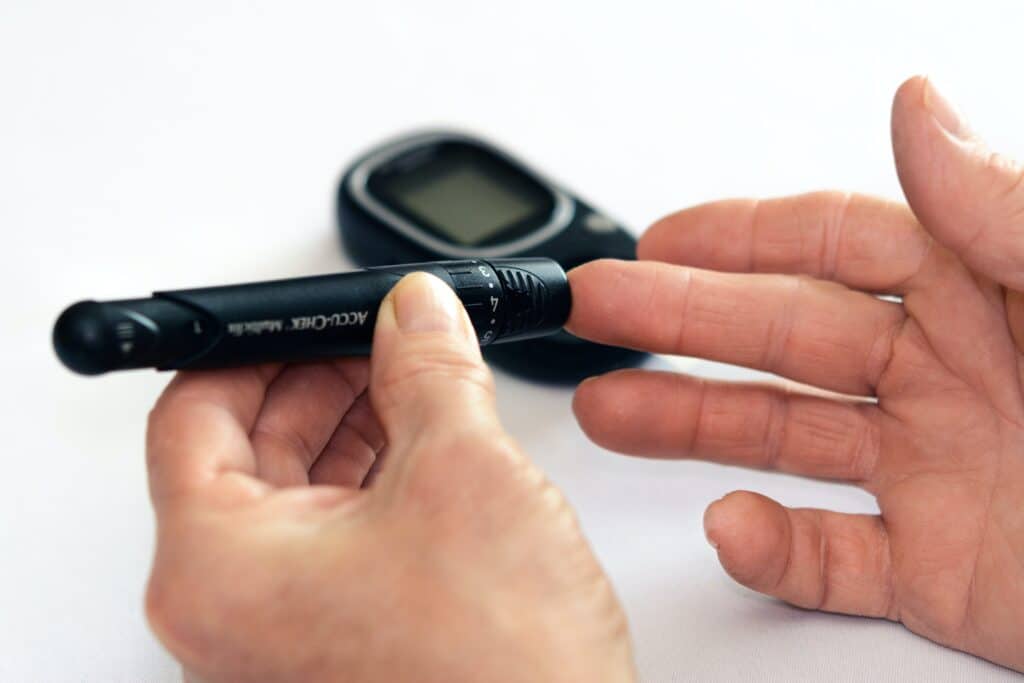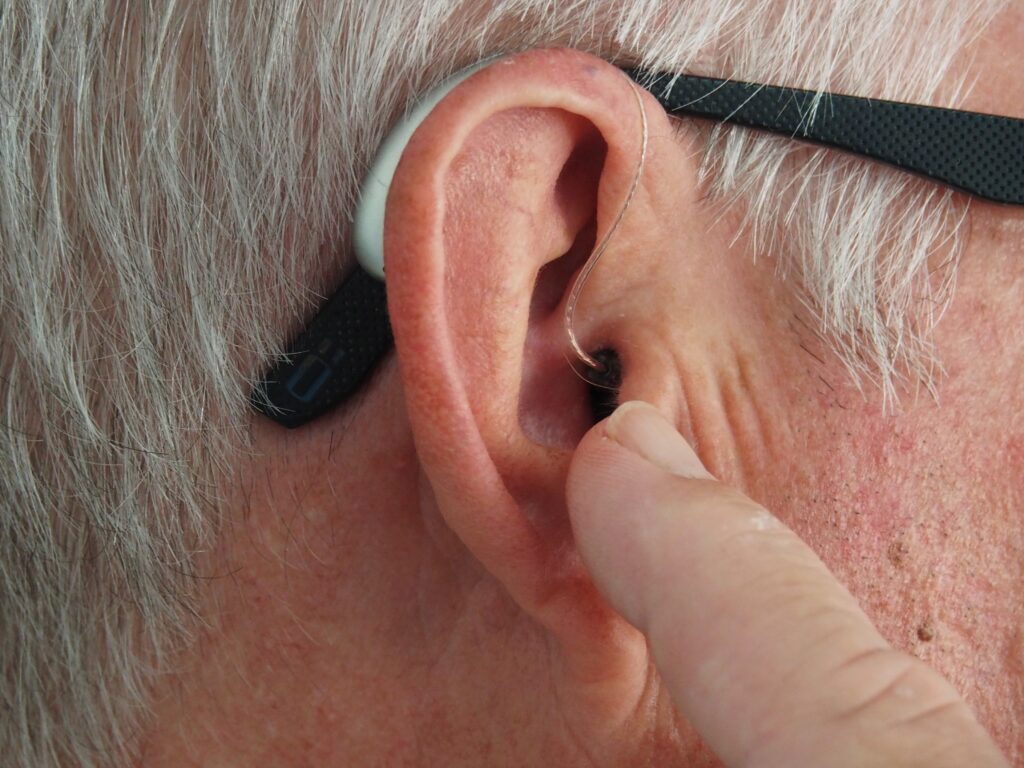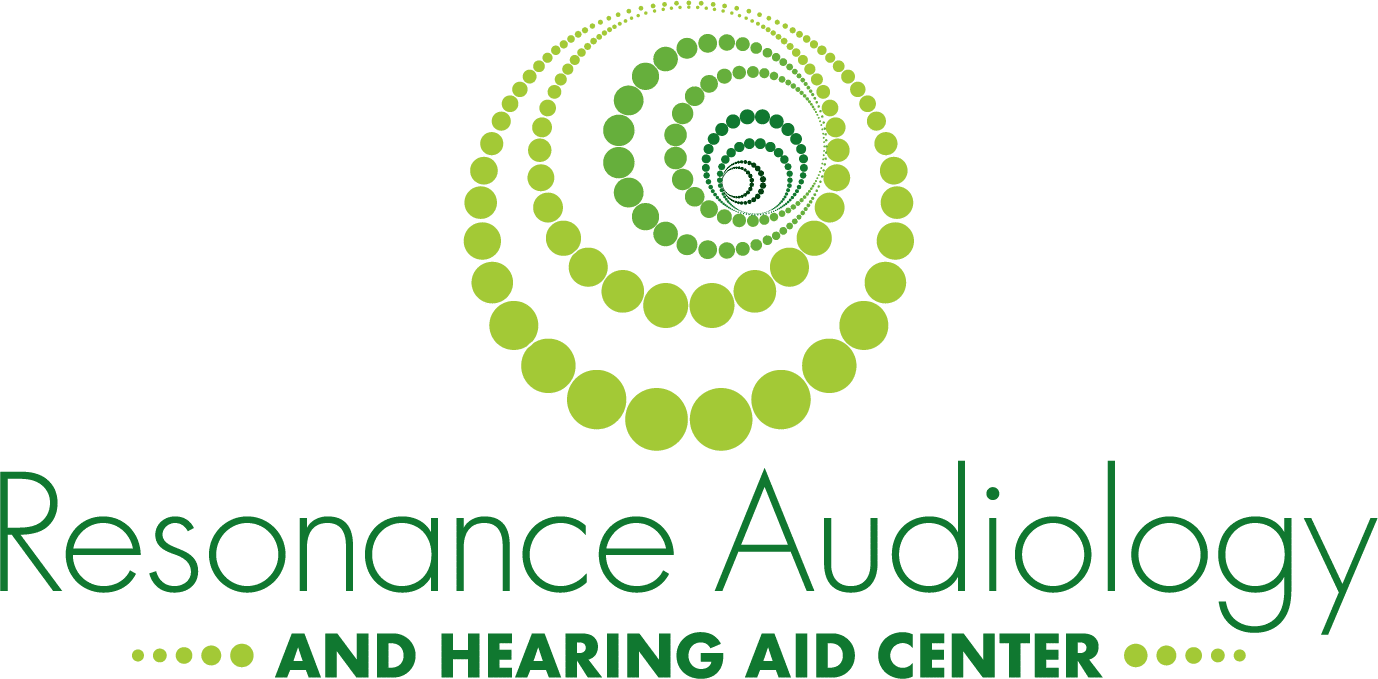How Diabetes Can Lead To Hearing Loss
Over thirty million people in the United States have some form of diabetes.
Many people know that diabetes is a chronic condition that affects how our bodies use insulin. With type 1 diabetes, the body is unable to create insulin, which regulates blood sugar. With type 2 diabetes, the body cannot properly use the insulin that can be made. As studies have shown, there is a direct correlation between people who have diabetes and people who suffer from hearing loss.

Audiologists have studied hearing loss for a very long time and it has become more apparent over the years that the two are linked. As more people seek the aid of hearing doctors, they are also discovering that they may have diabetes. But how exactly does this happen?
Ear doctors and other physicians are still learning new things about the connection between diabetes and hearing loss. When blood sugar levels are unregulated, they can begin to lead to nerve damage. Nerve damage from diabetes has been known to manifest in several different areas of the body including, hands, feet, eyes, kidneys, and ears. High blood sugar cause damage to small blood vessels and nerves located in the inner ear, while low blood sugar can deteriorate the signal that travels from the inner ear to the brain. This eventually can lead to varying levels of hearing loss.
Americans who have diabetes are twice as likely to develop hearing loss and even prediabetes sufferers have a high chance of seeing some level of hearing loss. Ear doctors have learned that in most cases, hearing loss happens gradually. This makes it difficult to notice at first.
Some of the most common signs that you may be experiencing hearing loss include:
- Needing others to repeat themselves at a higher rate than normal
- Perceiving others speaking as mumbling
- Difficulty hearing in places with a high level of noise
- Needing to constantly increase the volume of TVs, radios, and other devices
- Trouble with being able to have conversations with multiple people at the same time

If you have diabetes and are experiencing one or more of these symptoms, hearing doctors in your area may be able to evaluate you. Unfortunately, at this time, audiologists have not been able to find a way to reverse hearing loss.
That being said, some things can be done to protect yourself from some of the causes of hearing loss:
- Managing your diabetes is paramount when it comes to not developing hearing loss – check your blood sugar as often as is necessary to stay within the target range that has been set forth by your primary care physician
- Get your hearing checked on an annual basis
- Ensure that you are not exposed to loud noises for extended periods of time
- Consult with your doctor to see if any of the medications you have been prescribed could be playing a role in hearing loss – if so, seeking an alternative medication is recommended
Resonance Audiology, located in Lancaster PA, has worked with many patients who suffer from hearing loss. We understand that it can be a frustrating and disheartening experience. There have been many advancements in mitigating hearing loss and our audiologists, Dr. Zoe Horan and Dr. Ryan Horan can work with you to help treat you and decide on a plan that works for you. Every person is diverse and can be affected by diabetes and hearing loss in different ways. Providing individualized care for each patient is the goal of Resonance Audiology.
Contact us today to schedule an appointment to see how we can be of service!
